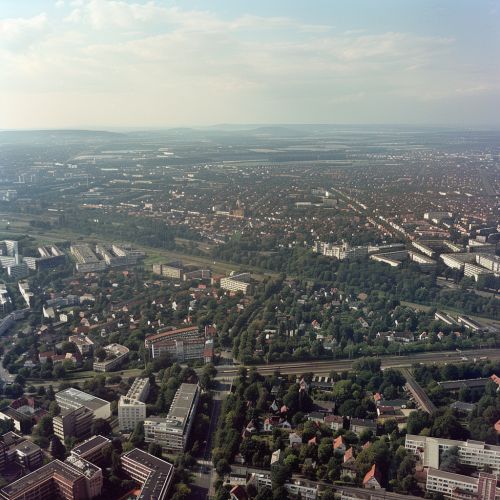West Germany
Introduction
West Germany, officially known as the Federal Republic of Germany (FRG), was a country in Central Europe that existed from 1949 to 1990. It was established during the Potsdam Agreement following World War II, as an entity separate from East Germany, the German Democratic Republic (GDR). West Germany was a parliamentary democracy with a capitalist economic system and was characterized by a so-called "economic miracle", the Wirtschaftswunder.


History
Formation
The formation of West Germany was a direct result of the geopolitical realities of the post-World War II era. The Allied Occupation Zones in Germany were divided among the United States, the United Kingdom, France, and the Soviet Union. The three western zones, controlled by the United States, the United Kingdom, and France, were consolidated into the Federal Republic of Germany in 1949.
Politics
The political landscape of West Germany was dominated by the Christian Democratic Union (CDU) and the Social Democratic Party (SPD). The CDU, led by Konrad Adenauer, was the ruling party for the first two decades of West Germany's existence.
Economy
West Germany's economy, known as the "social market economy", was a successful blend of free-market capitalism and social welfare programs. The country's economic success, known as the "economic miracle" or Wirtschaftswunder, was largely due to the economic policies of Ludwig Erhard, the Minister of Economics under Adenauer.
Culture
West Germany was known for its rich cultural life, with a thriving arts scene, renowned educational institutions, and a strong tradition of scientific research. The country was home to many famous philosophers, writers, and artists, and its universities and research institutions were among the best in the world.
Legacy
The legacy of West Germany is still felt today, as it laid the groundwork for the modern, unified Germany. The country's political, economic, and social structures, as well as its commitment to democracy and human rights, have had a lasting impact on the German state.
